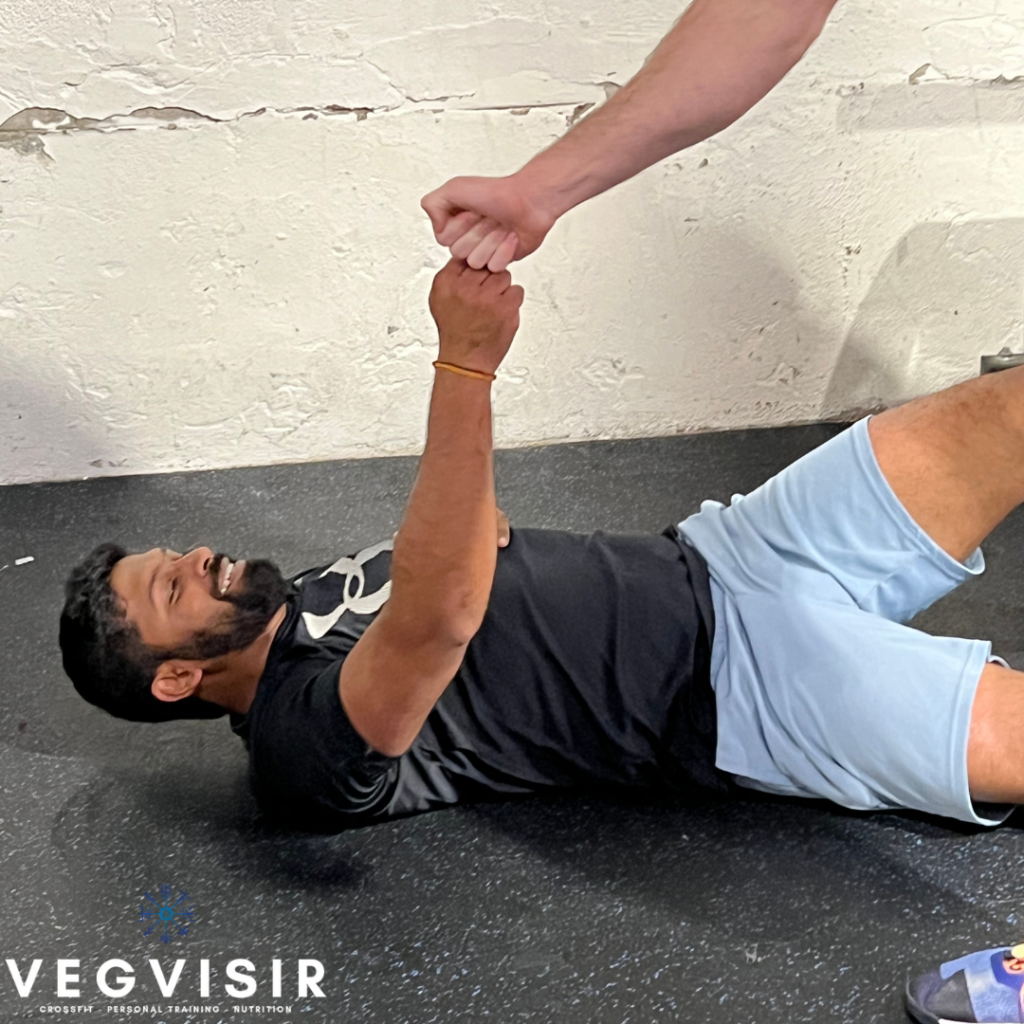In most places (*ahem* lucky Arizona), the clocks move back in November as daylight saving time ends.
The good news: You get an extra hour of sleep.
The bad news: Your internal clock sometimes doesn’t sync up with external clocks for a while, and you have to pay the extra hour back in spring!
Whether daylight saving time affects you or not, it’s worth reviewing your sleep habits.
Sleep and fitness are locked together. You simply can’t perform at your best or recover properly without a good night’s sleep!
So how much sleep do you need?
About seven to nine hours! The exact number depends on the person. No matter who you are, you’ll feel worn out if you don’t get enough, and it can be difficult to do that given all the you deal with everyday! But I want you rested, recovered and ready to train, so here are a few tips:
1. Limit Caffeine and Alcohol—It can take a long time for caffeine to get out of your system, so avoid it late in the day. Similarly, alcohol can disrupt sleep even though it’s a depressant. You might rest better if you skip the nightcap.
2. Stick To a Schedule and Create a Routine—This can be very tough for parents and shift workers. But, if possible, try to go to bed and wake up at the same time every day. Even if you can’t do that, try to get a routine in place. For example, start winding down well before you want to fall asleep and take care of any end-of-day tasks on a schedule. Take the dog out, brush your teeth, get into your pajamas and get into bed before the time you want to be asleep.
3. Remember These Letters: CDQ—When it comes to sleep, you want it Cool, Dark and Quiet. Adjust the temperature or get a fan going, hang some blackout curtains, and try to reduce any noise near your bedroom. Maybe don’t run the washer’s spin cycle if the machine is in the next room.
4. Turn Off Screens Well Before Bed—Bright screens can mess with your body’s sleep mechanisms, so turn off TVs, tablets and smartphones earlier in the evening. That way your body will be ready to drift off in a dark room.
5. Be Active—Physical activity reduces stress and generally improves sleep. One exception: Don’t do a hard workout right before bed. It might be tough to gear down for a while afterward. If possible, leave some space between training and sleeping (at least 90 minutes). But stay active, either with workouts or lots of general physical activity on days off from the gym.
6. Avoid Naps Late In The Day—Naps of up to 30 minutes can help some people get through the day, but for others they greatly disrupt sleep patterns. If you’re struggling to sleep, try to limit daytime napping.
7. Track your sleep—All sorts of apps and devices can help with this (most of your coaches use Whoop). If you start monitoring sleep, you might see interesting patterns. For example, a person might realize she always sleeps two hours less per night on the weekend due to evenings spent dancing with friends. As a result, Monday’s workouts never go well. Data will help you get the rest you need to be at your best!
When you combine great sleep with sound nutrition and solid training, you’ll feel amazing and make more progress toward your goals.
Set an alarm right now for tonight. When it goes off, start your evening routine so you get into bed on time for a good night’s sleep!
To talk with a coach today, click the link found HERE to schedule your No Sweat Intro

